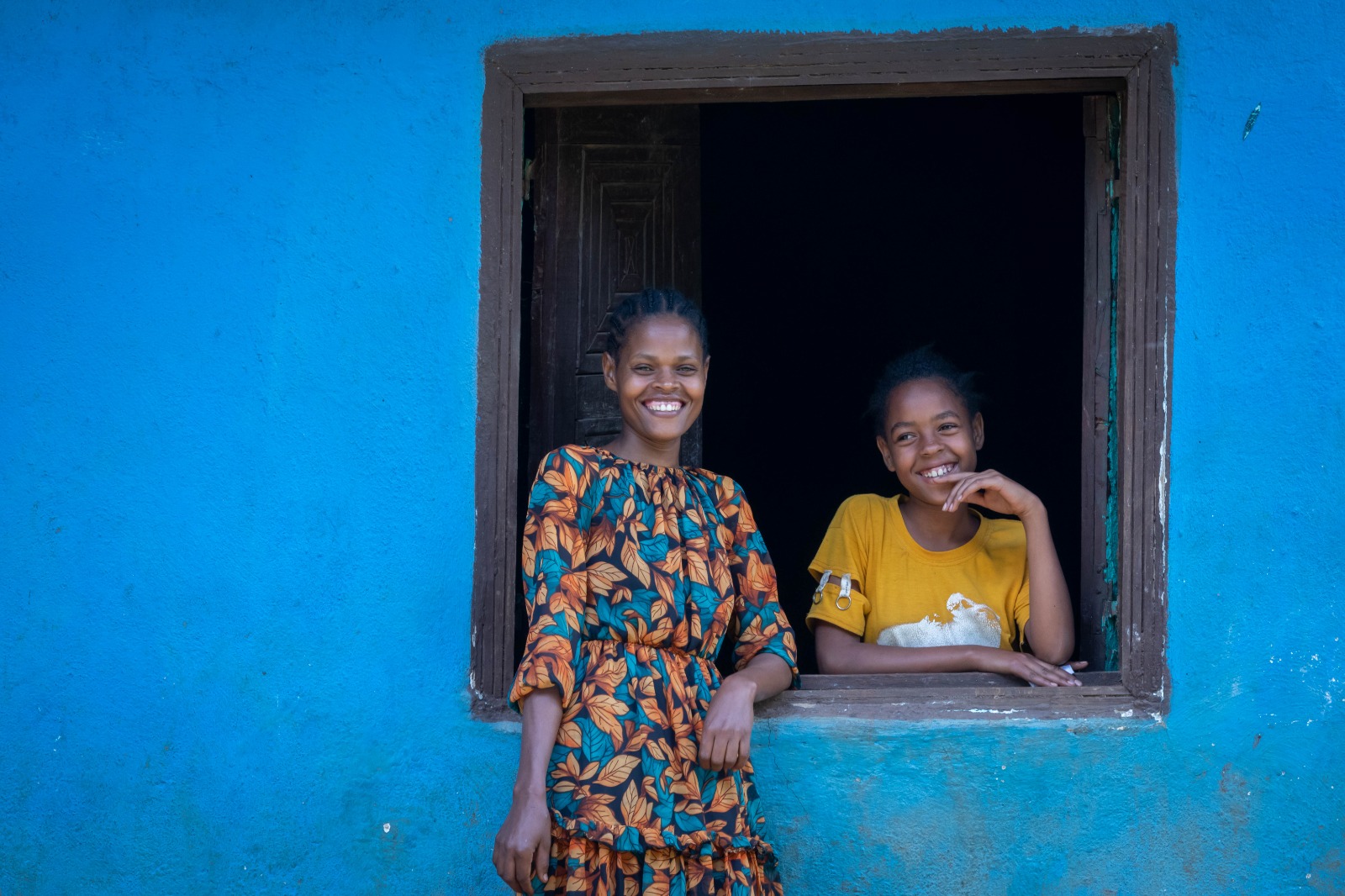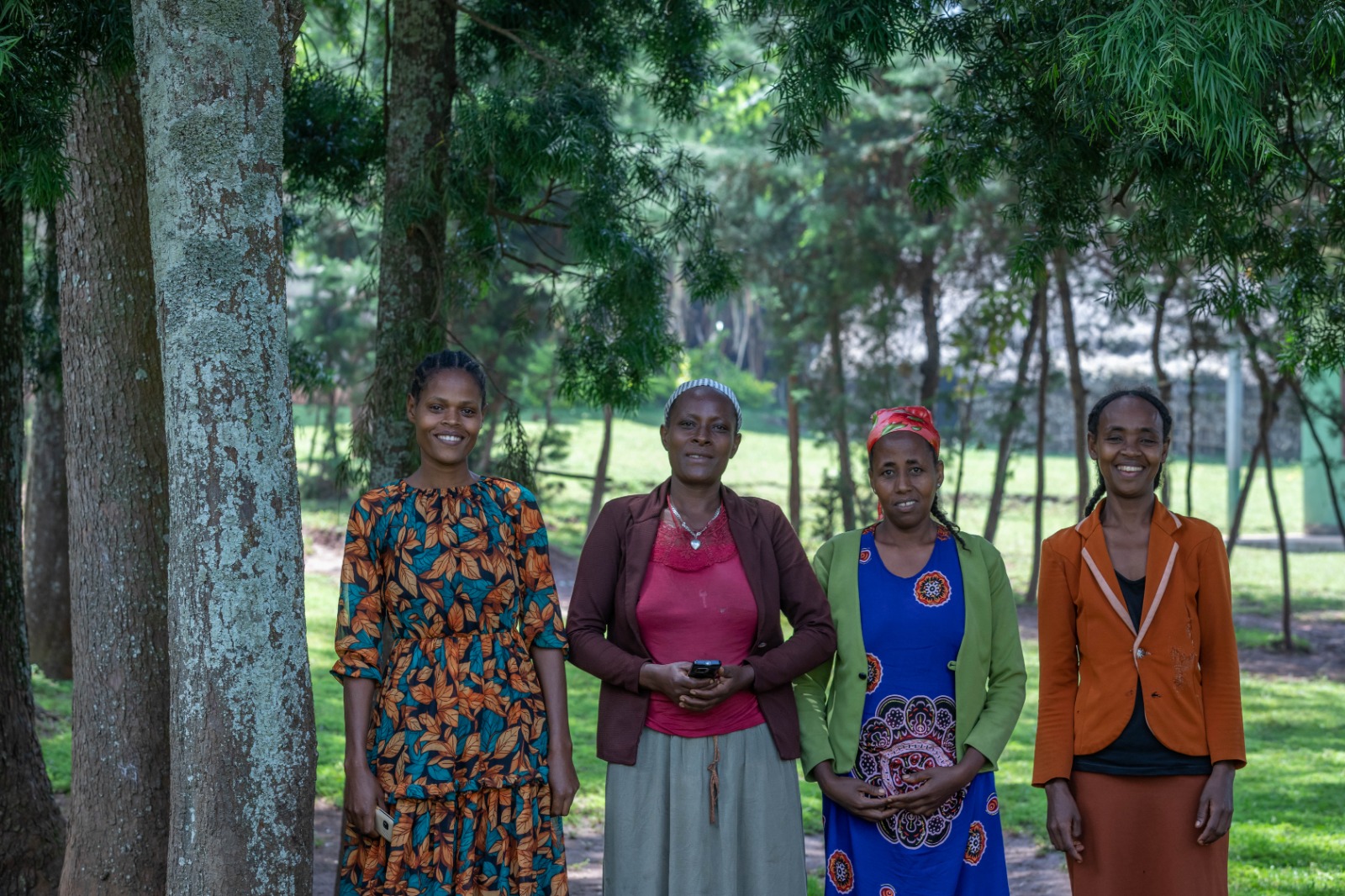Fantu Dabaney: A Mother’s Mission to End Harmful Practices

Female genital mutilation (FGM), a severely painful practice with harmful health impacts that can last a lifetime and can even cause death, was not something Fantu Dabaney wanted to pass on to her daughter.
“I have suffered from FGM—it’s a practice we inherited from our forefathers. I want to keep my three daughters safe and uncut,” Fantu says with determination.
“I’m happy that I’m not circumcised,” says her daughter Tezeta, 12, with a smile. “I’m grateful for my mother.” Tezeta, a gifted poet, uses her talent to educate and inspire her peers on the subject.
Fantu, a mother of three, is leading the charge to protect her children and her community from harmful practices like female genital mutilation (FGM) and child marriage. Twice a month, she gathers 30 women in her village for discussions, using a Community Conversation manual developed by national and regional authorities in collaboration with UNICEF. These meetings, held at traditional Ekub gatherings and the church, have become a cornerstone of her advocacy. These efforts have significantly reduced FGM in her village.

Together, they openly talk about the long-term harms of FGM, child marriage, and other societal issues. They share experiences, challenge norms, and support each other in rejecting practices often perpetuated by mothers themselves.
Fantu’s efforts are echoed by women like Burtukan, a participant in the discussion group.
“We now understand the consequences of FGM,” Burtukan shares. “When we encounter resistance, we visit the woman as a group and explain until she understands and is convinced. I have two daughters, aged 17 and 9, and neither of them is circumcised.
“In the group, we discuss the negative consequences of FGM. Some mothers regret having circumcised their daughters unknowingly.”
Initially, Fantu faced resistance from husbands who questioned the role of women in such discussions. Undeterred, she expanded her outreach to include fathers, engaging them on the importance of shared responsibility in protecting their daughters.
“Involving both parents has strengthened our fight against harmful practices,” she reflects. Fantu proudly notes a visible decline in FGM cases as evidence of progress.
UNICEF, through its Harmful Practices program, supports these structured community conversations to challenge harmful gender and social norms. Backed by the Global Affairs Canada, these efforts have mobilized communities and protected countless girls from FGM and child marriage, paving the way for a safer and more equitable future.
***
Source: This story is authored by the Canadian Development Agency.